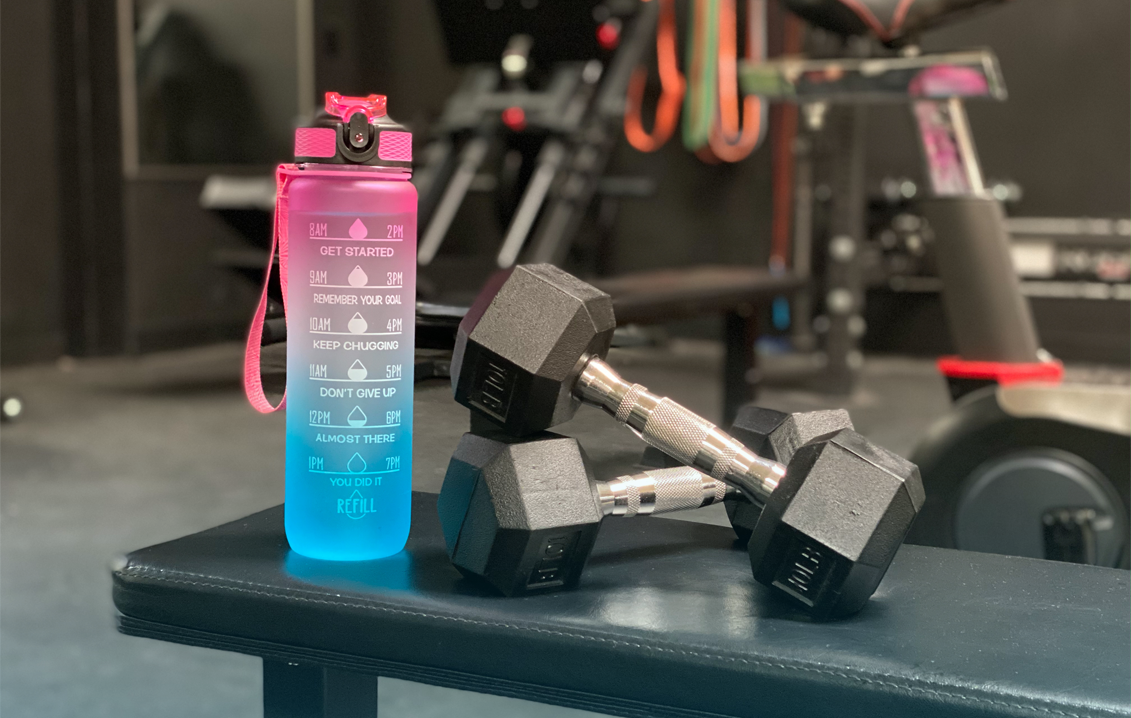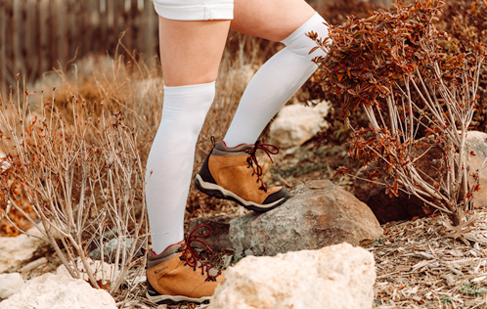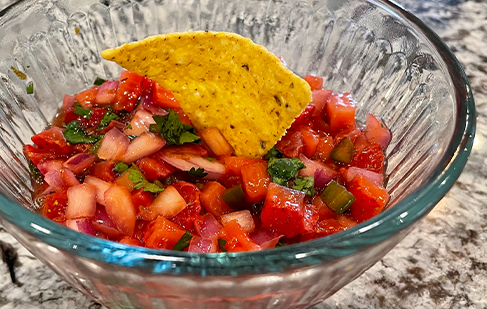Hydrate, hydrate, hydrate. We’ve all heard it a hundred times but how much water do you really need to stay hydrated during your summer workouts? Well, it depends on a lot of factors including your size, diet, health, activity level, and climate.
You can quickly become dehydrated when the weather is hot and humid. So learning how to hydrate properly and keep your electrolytes balanced will help you stay healthy and active all summer long. Electrolytes are vital nutrients that you get from the foods and drinks you consume. They include sodium, potassium, calcium, phosphate, and magnesium.
What are the symptoms of dehydration?
The symptoms of dehydration may differ depending on the severity. Below are some common signs of dehydration:
- Dry mouth
- Dry skin
- Thirst
- Fatigue
- Confusion
- Dizziness
- Lightheadedness
- Headache
- Decreased urination
- Dark urine
- Strong-smelling urine
- Rapid heart rate
- Low blood pressure
If your symptoms are severe, seek immediate medical attention.
Here are a few tips for making sure you’re hydrating properly:
- Pre-hydrate when you’re planning an outdoor workout or activities.
- Don’t wait until you’re thirsty to start drinking water.
- Sipping water throughout your sweat session helps keep you from losing too much fluid.
- Add an electrolyte drink mix to your water.
- Excessive sweating can throw your electrolytes out of balance so be prepared with coconut water, pickles, bananas, spinach, and kale.
Can you drink too much water?
Overhydration, known as water intoxication, is rare but it can happen if a person drinks too much water. It happens when excess water dilutes the electrolytes in the blood. Overhydration impairs brain function.
Hyponatremia, a life-threatening condition, occurs when your sodium level drops too low, according to the National Kidney Foundation. The extra water invades your cells and causes them to swell.
Here are the most common symptoms of overhydration:
- Nausea or vomiting
- Headache, confusion, or fatigue
- Low blood pressure
- Loss of energy
- Muscle weakness, twitching, or cramps
- Seizures or coma
- Restlessness or bad temper
Seek medical attention immediately if you experience any signs of overhydration or hyponatremia.
Bottom line
You can prevent dehydration and overhydration by making sure you pay attention to your body and any symptoms that may occur when you’re outdoors. The more you sweat, the more water and electrolytes you need to replace.
















